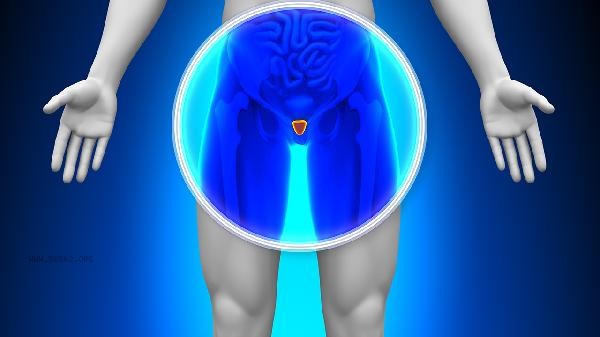Men in their fifties may experience nocturnal emissions due to various reasons, including physiological factors such as hormonal fluctuations, organic disorders such as prostate disease, and psychological factors such as stress or anxiety. To address this issue, identifying the cause is crucial and can be addressed through physical examinations, lifestyle adjustments, and psychological state relief.

1. Physiological factors: The influence of changes in hormone levels
As age increases, the levels of androgens such as testosterone in the male body gradually decrease, which may lead to abnormal sexual physiological functions, such as nocturnal emissions. This situation is not uncommon in men in their fifties, especially when they are physically weak or excessively fatigued, they are more likely to experience nocturnal ejaculation. If nocturnal emission occasionally occurs without any accompanying symptoms, it is a normal physiological phenomenon and can be adjusted with appropriate rest to avoid excessive worry. However, if nocturnal emission is frequent or accompanied by obvious discomfort, it is best to go to the hospital to check hormone levels in the body. If necessary, medication intervention can be used, such as supplementing testosterone drugs, but strict adherence to medical advice is necessary.
2. Organic diseases: manifestations of prostatitis or benign prostatic hyperplasia
Men in their fifties are easily affected by prostate related diseases, such as chronic prostatitis or benign prostatic hyperplasia. Inflammation or hyperplasia of the prostate can stimulate the male reproductive system, leading to nocturnal emissions or other abnormal phenomena. Meanwhile, symptoms such as frequent urination and painful urination may also be accompanying manifestations of these diseases. For this type of reason, it is recommended to confirm the diagnosis through prostate related examinations such as B-ultrasound, prostate fluid testing, and PSA testing. Treatment measures include taking alpha blockers, nonsteroidal anti-inflammatory drugs, and considering minimally invasive surgical treatments such as transurethral prostatectomy when necessary.

3. Psychological stress: Excessive emotional tension or anxiety
The fluctuation of psychological state can directly or indirectly affect male sexual physiological function, such as excessive life or work pressure, long-term anxiety, or emotional suppression, which may become important causes of nocturnal emissions. In this situation, adjusting the psychological state is particularly important. It is recommended that men in their fifties relieve stress through regular exercise, such as walking, yoga, or swimming. Communicating with family and friends and seeking professional psychological counseling can also help eliminate the negative impact of negative emotions on the body.
4. Effects of Unhealthy Lifestyle
Adverse lifestyle habits, such as prolonged sitting, frequent alcohol consumption, staying up late, or a high salt and high-fat diet, may indirectly affect prostate health and sexual function, thereby inducing nocturnal emission problems. Improving lifestyle is an effective preventive measure, such as quitting smoking and limiting alcohol consumption, maintaining sufficient sleep, paying attention to dietary diversity, recommending eating more zinc rich foods such as shellfish and pumpkin seeds, and drinking more water to avoid urinary tract infections. If a man in his fifties frequently experiences nocturnal emissions accompanied by obvious discomfort, he should seek medical attention as soon as possible to identify the cause and rule out potential serious health problems. Under the guidance of a doctor, choose appropriate treatment methods while paying attention to adjusting mentality and lifestyle, and maintaining a healthy physical state.





Comments (0)
Leave a Comment
No comments yet
Be the first to share your thoughts!